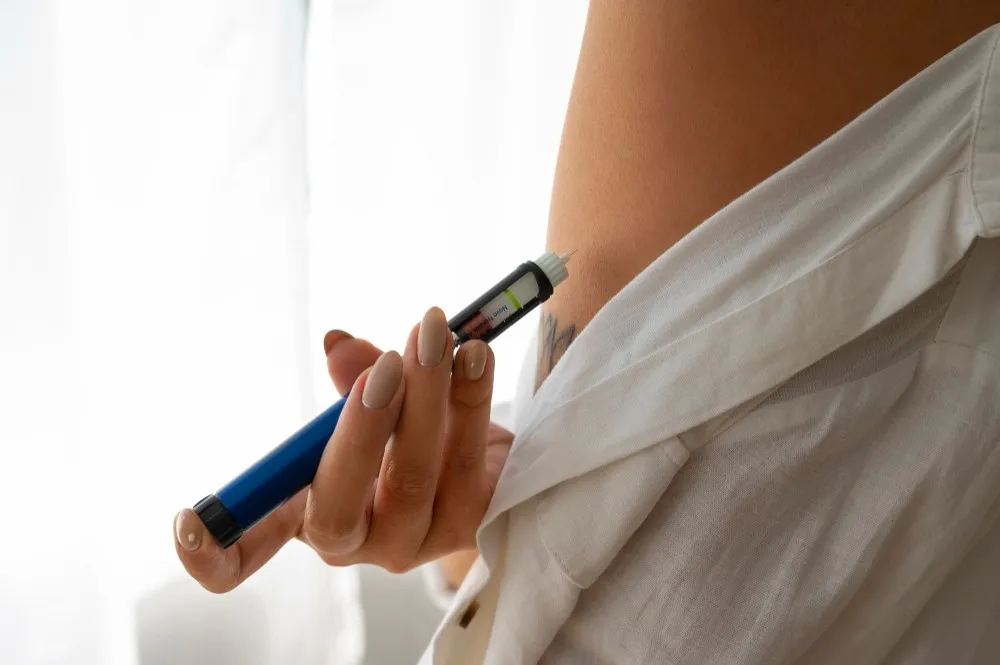Diabetes is a severe medical condition that affects people of all age groups. It is a medical condition in which the body cells cannot correctly absorb insulin produced by the pancreas to break down the glucose in the body into energy. Diabetes affects many parts of the body. If left untreated can, over time, cause serious health problems like heart disease, stroke, eye problems, kidney disease, and nerve damage and can even lead to amputation. Older people with type 2 diabetes may also be at a greater risk for cancer and Alzheimer′s disease. Tiredness, increased appetite or thirst, weight loss, frequent urination, and impaired vision are symptoms of type 2 diabetes. Other symptoms may include skin infections or slow healing from cuts and bruises. Some of these symptoms for older people constantly get overlooked as signs of aging, but they could constitute a more significant problem. Elderly people are advised to talk with their doctor if they feel any of these symptoms. Type 2 diabetes may be managed with a healthy diet and regular exercise, but some people may require diabetic medications or insulin injections. A person may require both lifestyle changes and medicines over time. Regardless of this, there is a need for a diabetes management plan based on your lifestyle, preferences, health goals, and any other underlying medical conditions you may have. Areas of care in managing diabetes are relevant to all age groups, but with elderly people, there are some specific changes.
Food Choices
Keeping Active
Watching Out For Hypos
- Confusion
- Speech or Self-care difficulties
- Poor Appetite
- Loss of consciousness
- Cognitive damage
- Heart Attack or Stroke
Mental Well-Being
Dealing With Illnesses and Hospital Admissions

Reviewed by







